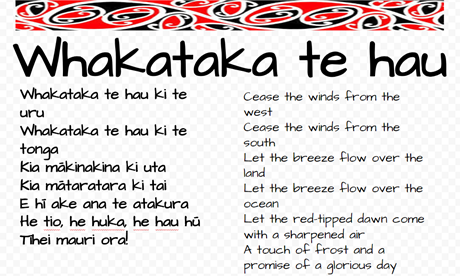Having a karakia at work is no more acceptable than starting the work day with a Catholic ritual or observing Japanese customs says Act leader David Seymour.
Staff at Te Whatu Ora incorporating karakia into their daily routine should stop he says.
Seymour is reported as saying that Te Whatu Ora must concentrate on people’s physical wellbeing and leave their spiritual wellbeing to self-management or others.
Karakia for patient benefit
Act health spokesperson Todd Stephenson says some Te Whatu Ora staff including karakia in their daily routine has a flow-on effect for patients.
In his opinion it is inappropriate and distracts from Te Whatu Ora’s work.
While prayer in a person’s own time is fine as far as Stephenson is concerned, he says “they shouldn’t be paid or encouraged to do it by a government department”.
Practical approach called for
“In terms of Te Whatu Ora, the size of the problems in health demands a practical approach” Seymour says.
“Secondly … in a public office you leave your own religion and beliefs at the door and work together for the benefit of New Zealand.
“We do not believe in forcing any particular culture. We believe in a public sphere where all people can participate on equal terms.”
Karakia optional, reflection encouraged
While saying a karakia is optional at Te Whatu Ora there is organisation support for the practice.
A leaked email to Te Whatu Ora staff reads:
“We encourage everyone to incorporate karakia daily. To help … we have created some pre-recorded videos to learn karakia .. over time we will be adding more recordings for you to choose from.”
Health NZ chief executive Margie Apa says many groups chose to begin their day and meetings with karakia. But it is not a required practice she says.
She says that nonetheless Health NZ encourages reflection when teams gather. This practice aims to ensure they collaborate and are aligned in how they can make a difference for patients.
“We do much of our work in teams … How our people connect with each other is where value is created for patients” Apa says.
“We have a range of resources in the organisation that support teams to build ways of working that recognise this – and karakia is one of those resources.”
Source
